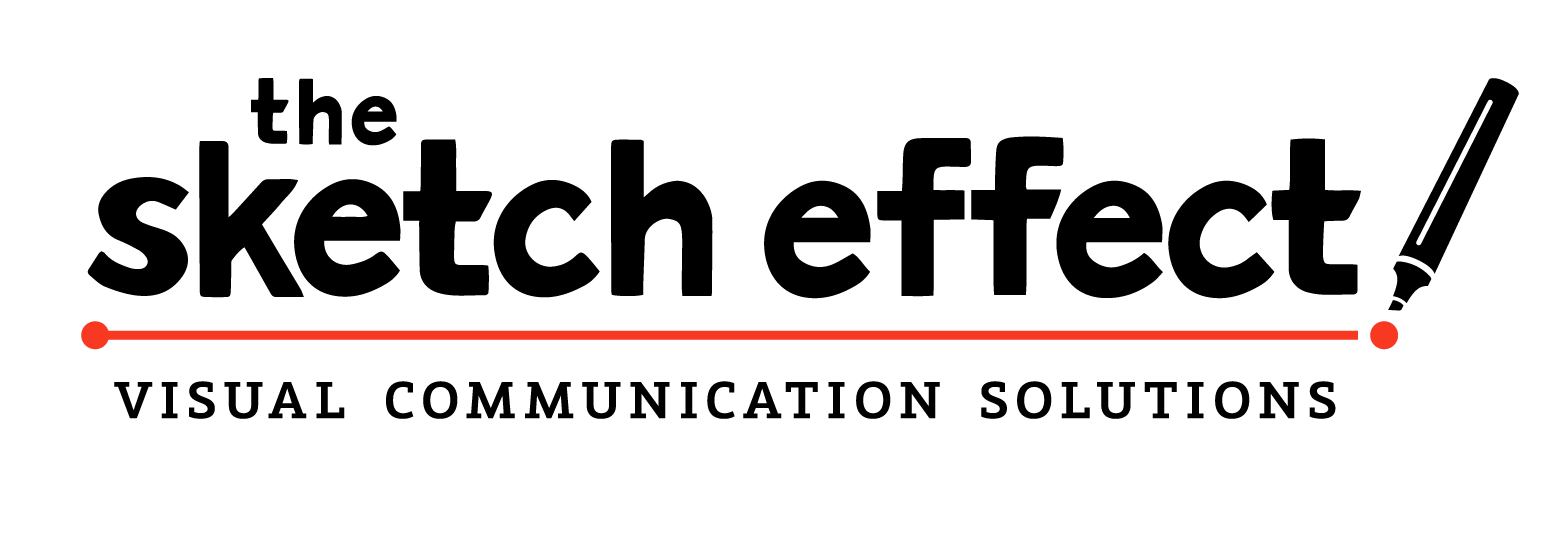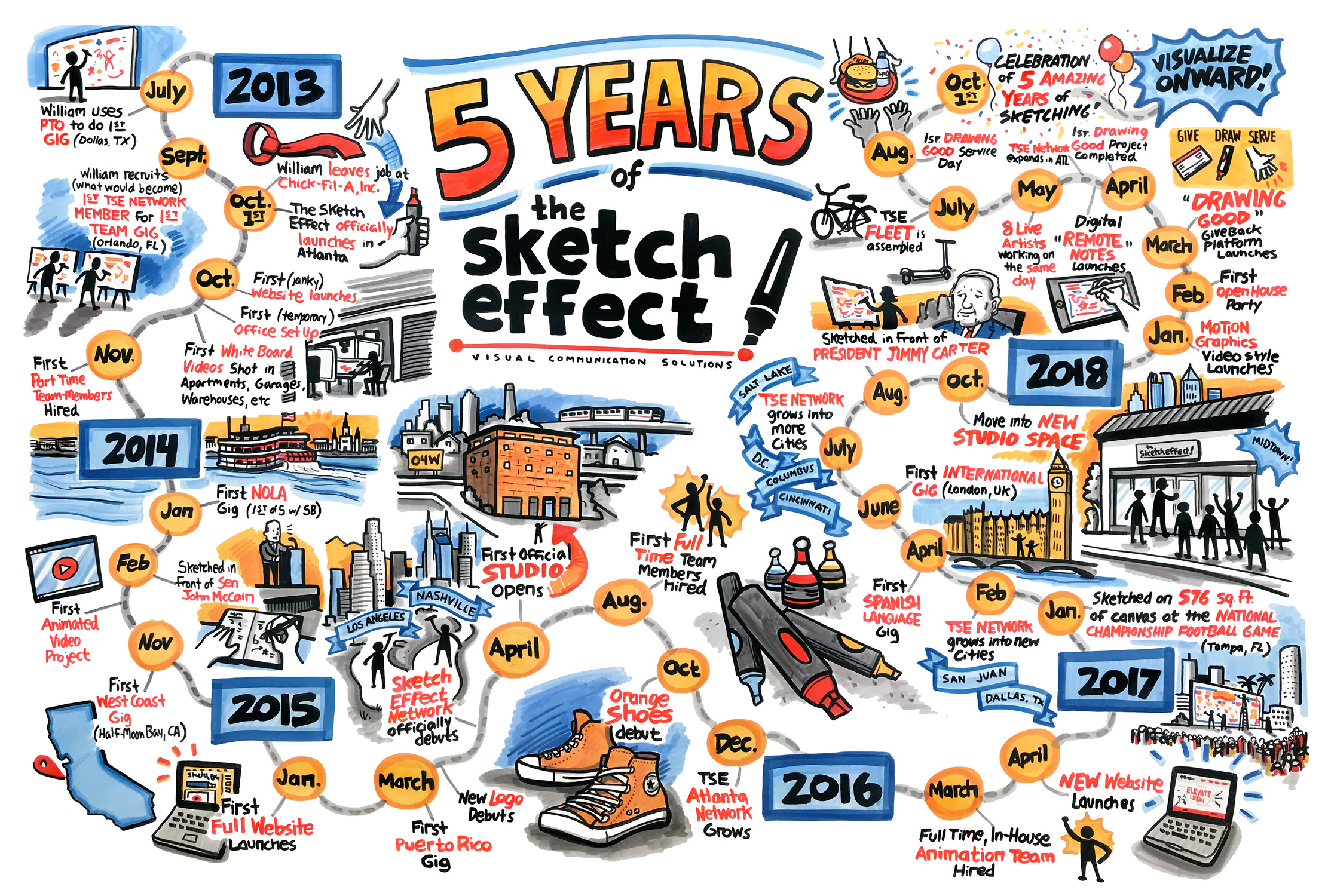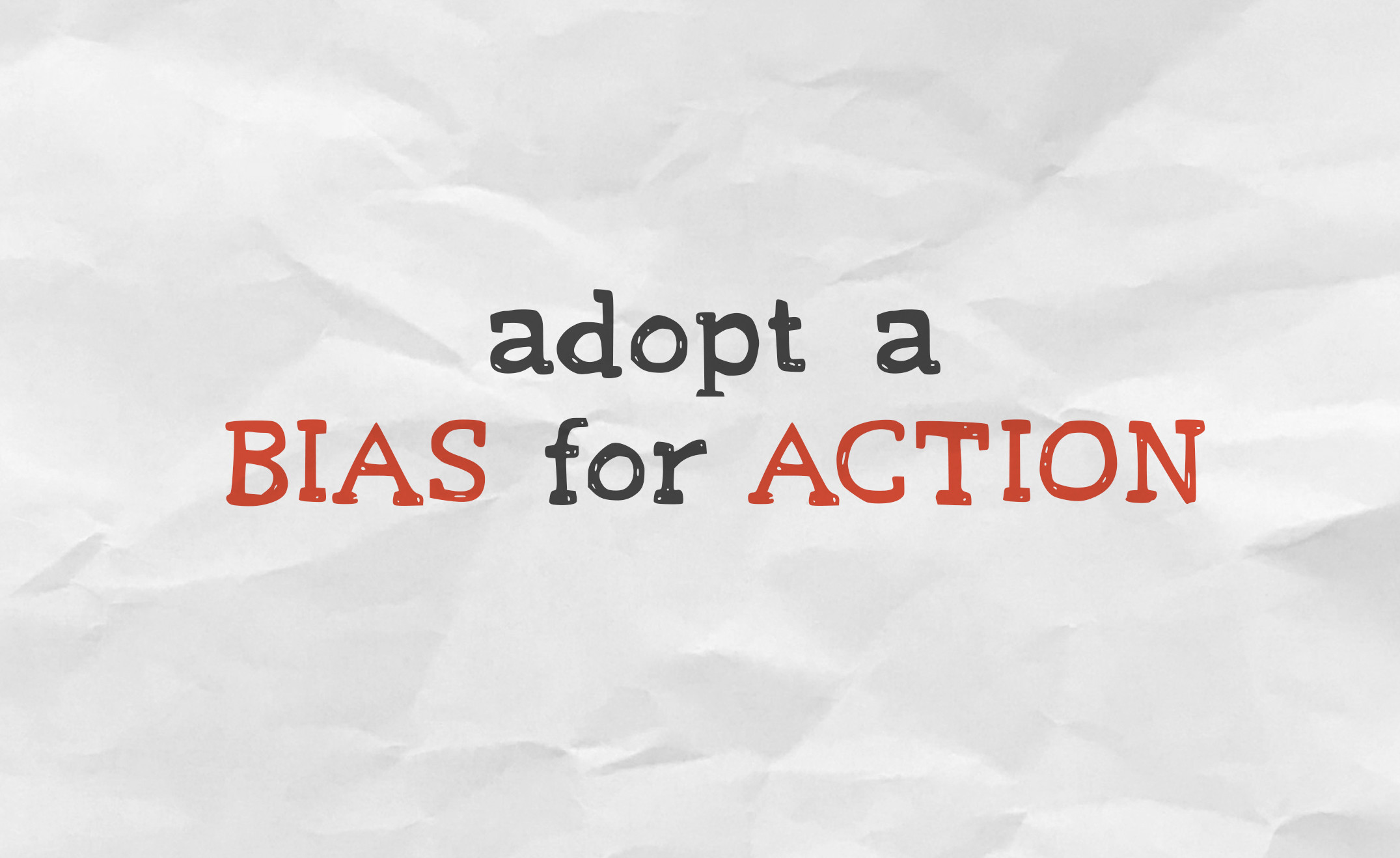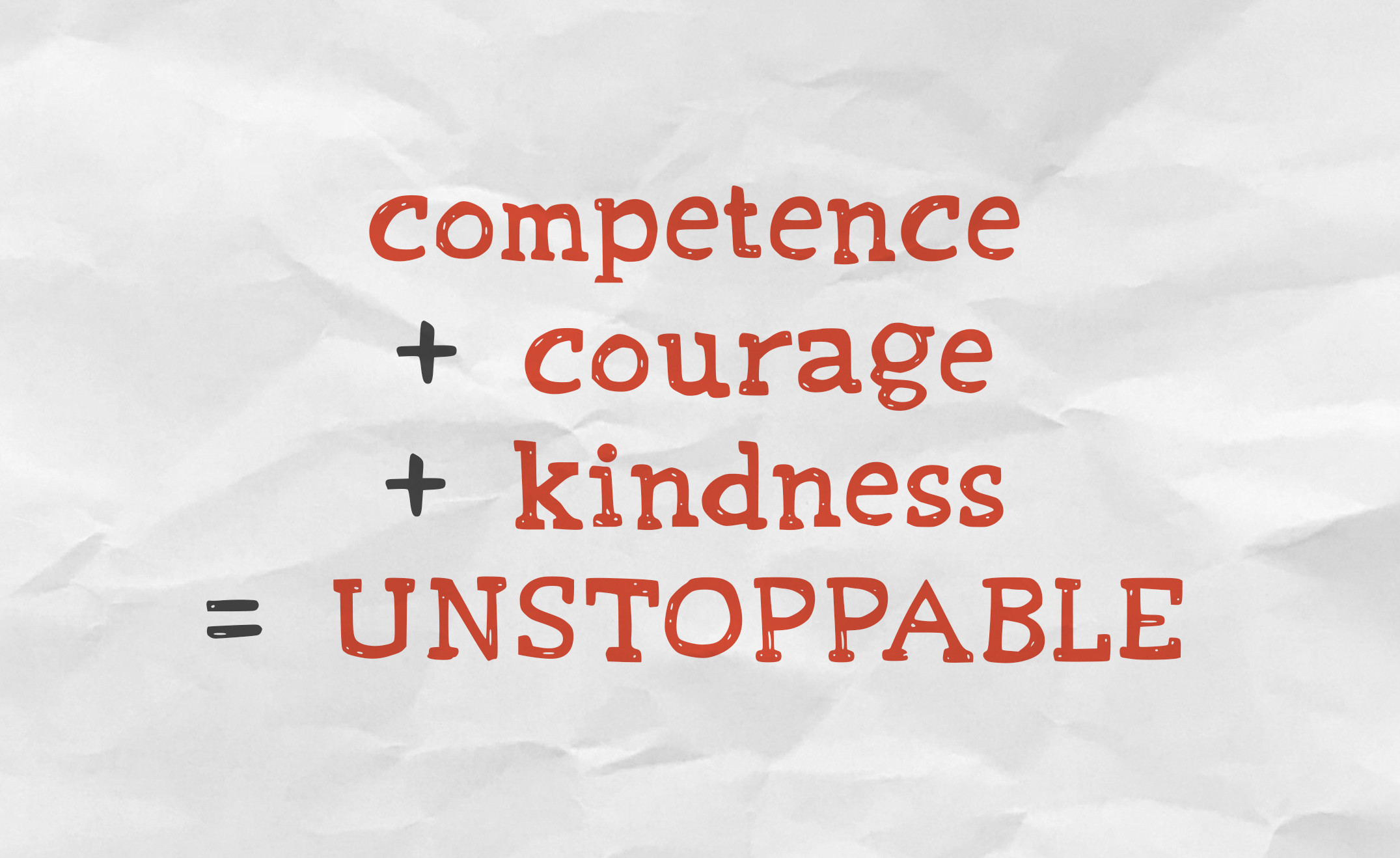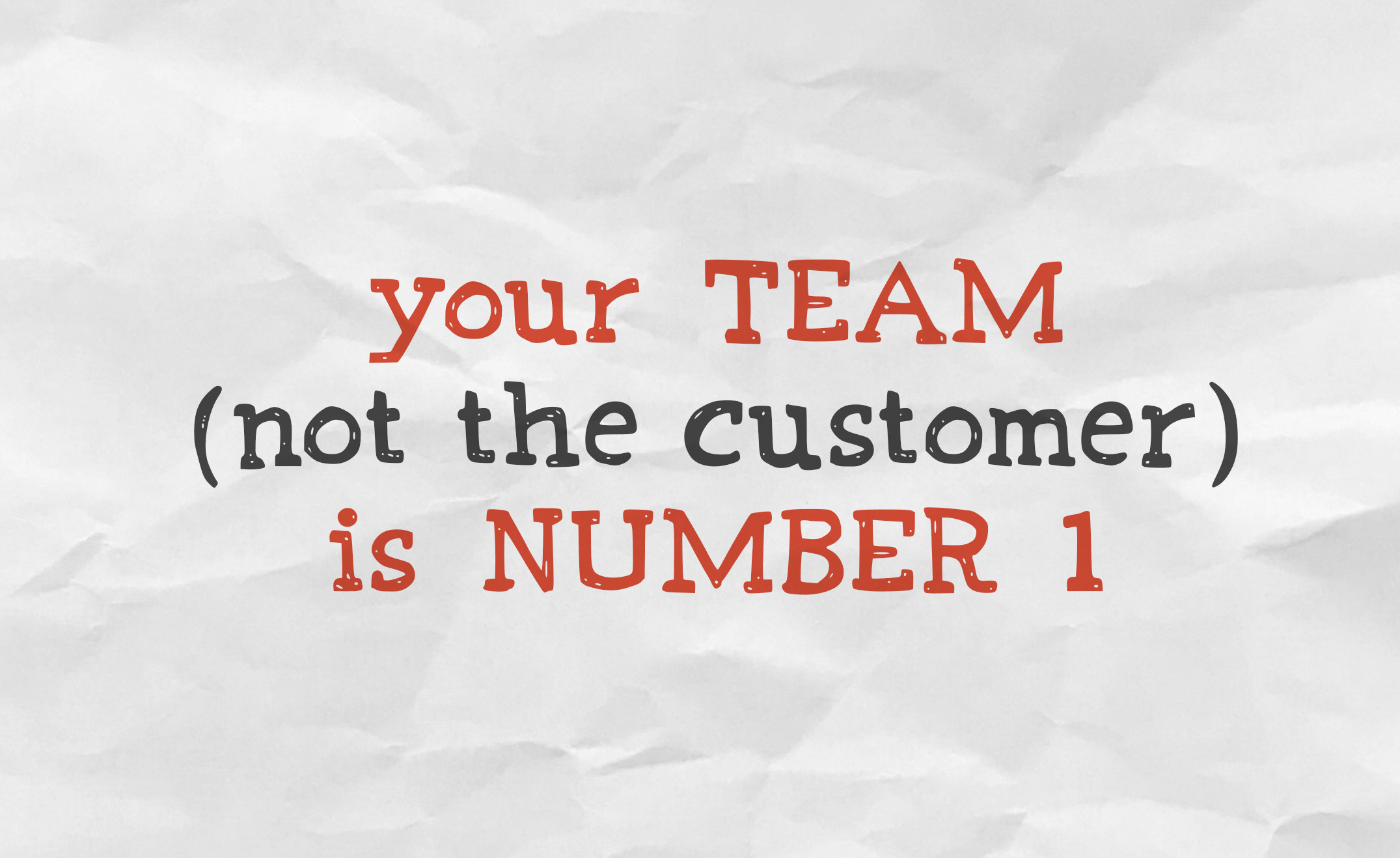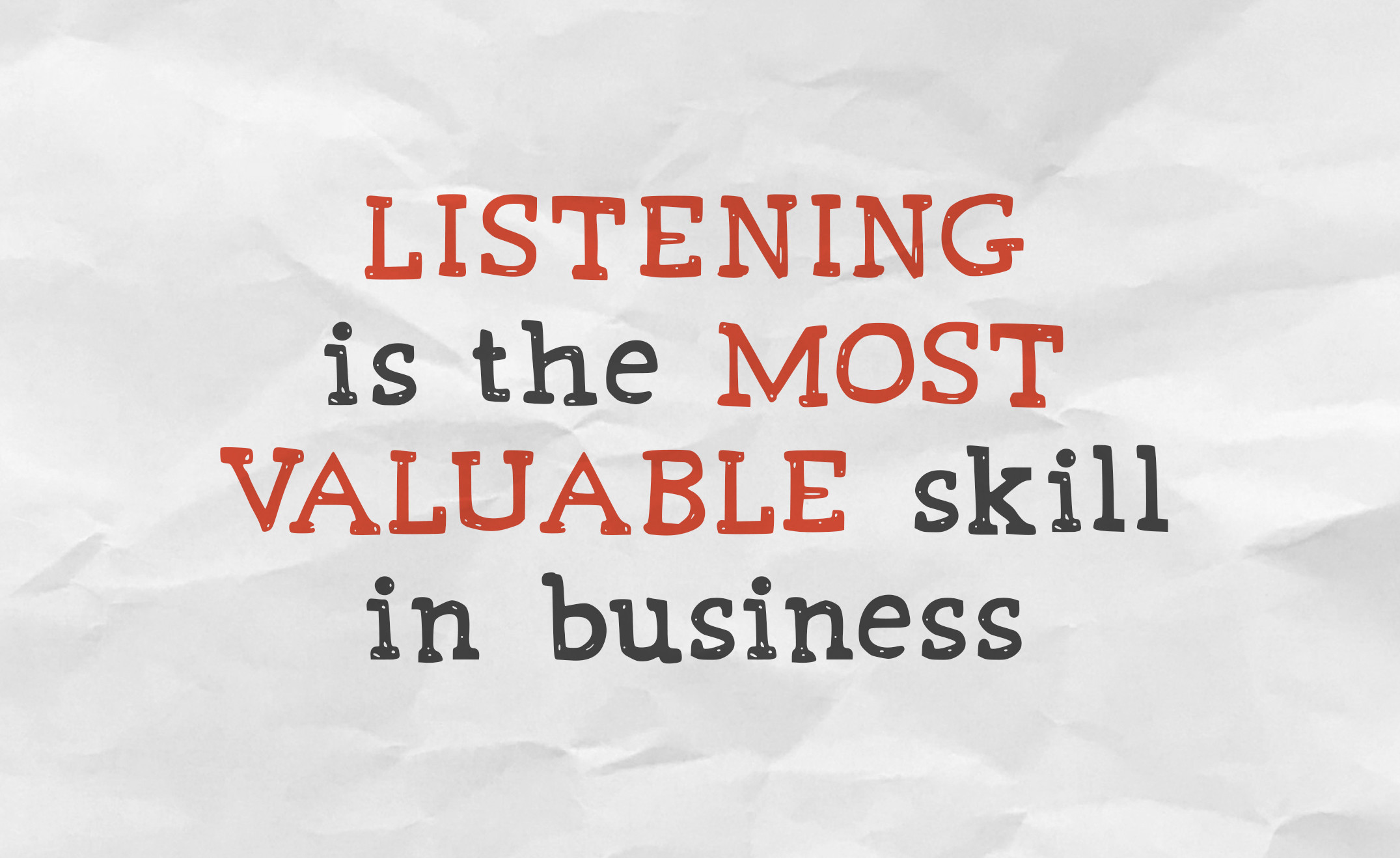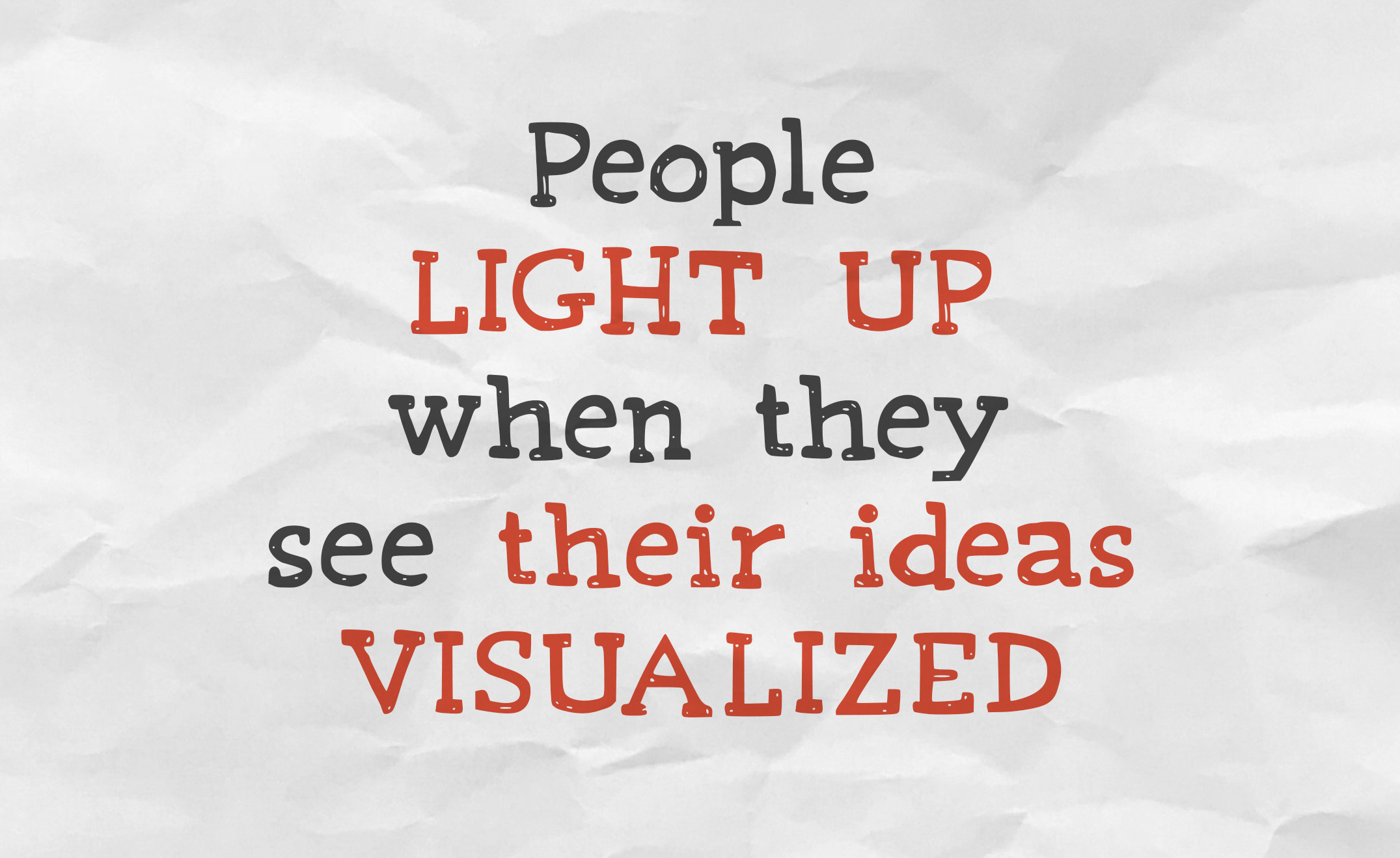Today the Sketch Effect is celebrating its fifth year in business! To honor this big milestone, I’d like to do two things:
First, check out this Graphic Recording we made to visualize some important events and key moments in our company’s short but exciting history.
Second, I took some time to write down five reflections on five years. Let me preface all of this by making one thing clear: I am not an expert. I am still learning, still making mistakes, and still growing.
That said, I have been in the trenches for the last five years and have learned a few things since beginning this entrepreneurial journey back in 2013. These reflections are about business, leadership, and life in general. Some of these came naturally to me while others I’ve had to work at. My hope is that these reflections add a bit of value to your life, challenge you where you needed to be challenged, and encourage you in ways that you need to be encouraged.
So, without further ado, here are my five reflections on five years:
Adopt a bias for action
When faced with a decision to either stay the same or to take action, I have adopted a bias for action. Injecting change into the mix will catalyze new learnings and open new doors of opportunity.
At best, taking action could lead to the next million-dollar idea, game-changing breakthrough, or the chance of a lifetime. At worst, you make a mistake and learn a valuable lesson for next time. When the choice is to act or not act, err on the side of action. Mixing things up is good and not taking a risk is a tremendous risk.
Competence + courage + kindness = unstoppable
Here’s a simple truth: In order to be successful (whether in business, art, or life) you must begin from a place of competence. You have to be good at what you do. In the business world, we call this “product quality”. (Excellence is one of our Sketch Effect team core values for this reason).
However, having a good product, service or offering is not enough. I would argue that courage and kindness are the two other components to being unstoppable.
First, courage. You must have the courage to act (see Lesson 1, above). The doers are the ones who achieve…those who acknowledge that putting yourself out there is incredibly scary and yet do it anyway. Those who can beat fear, overcome resistance, and take the plunge. Tomorrow belongs to today’s courageous. (Courage is one of our other Sketch Effect team core values)
Second, kindness. The world is full of too many jerks, egoists, posers, and tryhards. A huge, incredibly underrated trait in business is kindness. And humility. Nobody likes to work with a jerk. As Tim McGraw says, always stay humble and kind. It’s so easy to do, yet so few do it. (Positivity is another one of our core values at The Sketch Effect)
Competence plus courage plus sincere kindness/humility will make you unstoppable.
Your team (not the customer) is number 1
It’s pretty much a trope of business: “The Customer is Number 1!”
In my opinion, this is wrong.
I’m of the belief that your team is number 1. Whether you are the leader of your venture or a co-worker on a team, making sure the people around you are equipped, energized, and challenged is your top priority. If your culture is healthy, people enjoy coming to work, they understand the mission, they’re excited about the vision, and they know how to get there, then the customer will be taken care of as a byproduct. A great customer experience will overflow from a great employee experience. And the opposite is true: if your culture is rotten, people dread Monday mornings, they’re unclear about the mission, they don’t know where they (or the business) is going, then the customer experience will naturally suffer.
So, the customer is number 2? Nope. You are your second priority. Self-care is more important than client care. If you, as a leader, manager, or team-member, are not taking care of yourself, then your team will suffer and the customer will suffer. I’m a huge believer in “filling your emotional tank” …in other words, setting aside time to do things that buoy your soul. No team wants to work for a burned out, worn out, sick, tired, miserable leader. Discover what fills your tank and set aside time to do it.
At the end of the day, your customers keep in you in business. However, if you don’t keep your team equipped, energized, and challenged, and you don’t take care of yourself as a leader, your customers will get the worst of you.
Listening is the most valuable skill in business
I recently published a LinkedIn Article about the greatest unsung skill of business, relationships, and all of life. I’m talking about Listening.
We spend more time listening than any other form of communication, and yet we spend the least amount of time actually learning how to listen well. Listening doesn’t stop at the ears (that is called “hearing”). Being a great listener means you not only hear what is being said, but you actively process the information in your brain, synthesizing the information with the goal to truly understand the deeper message.
Being a good, active listener improves relationships, makes your more effective in the workplace, engenders cooperation, expedites problem-solving, saves time, prevents misunderstandings and much more. Most of all, being a good listener builds trust and influence. When someone (whether it’s a direct-report, your boss, a client, a sales prospect, a spouse, whoever) recognizes that you are truly listening – with an aim to understand vs. to react – they will trust you. They’ll be vulnerable and open up. Good leaders must be good listeners. This is Habit 5 of Stephen Covey’s “7 Habits of Highly Effective People” – ignore it at your own risk!
People light up when they see their ideas visualized
At the Sketch Effect, we have the amazing privilege of drawing what people say. When people see their thoughts, ideas, and opinions come to life through pictures, they light up. It’s amazing. Whether it’s during a live sketch at a conference or in an animated video, there’s something about seeing your ideas visualized that makes you smile. It’s raw, unfiltered joy.
Being the catalyst of other people’s joy is, perhaps, the greatest joy for me and for our team. And you don’t have to be an artist to bring joy. Whether you work in Pharmaceutical Sales or Dentistry, whether you’re a teacher, a plumber, a writer, or a doctor, if you’re blue-collar or white-collar, find a way to create joy for others.
Creating joy for others creates joy for you – and the return is far greater than the investment.

